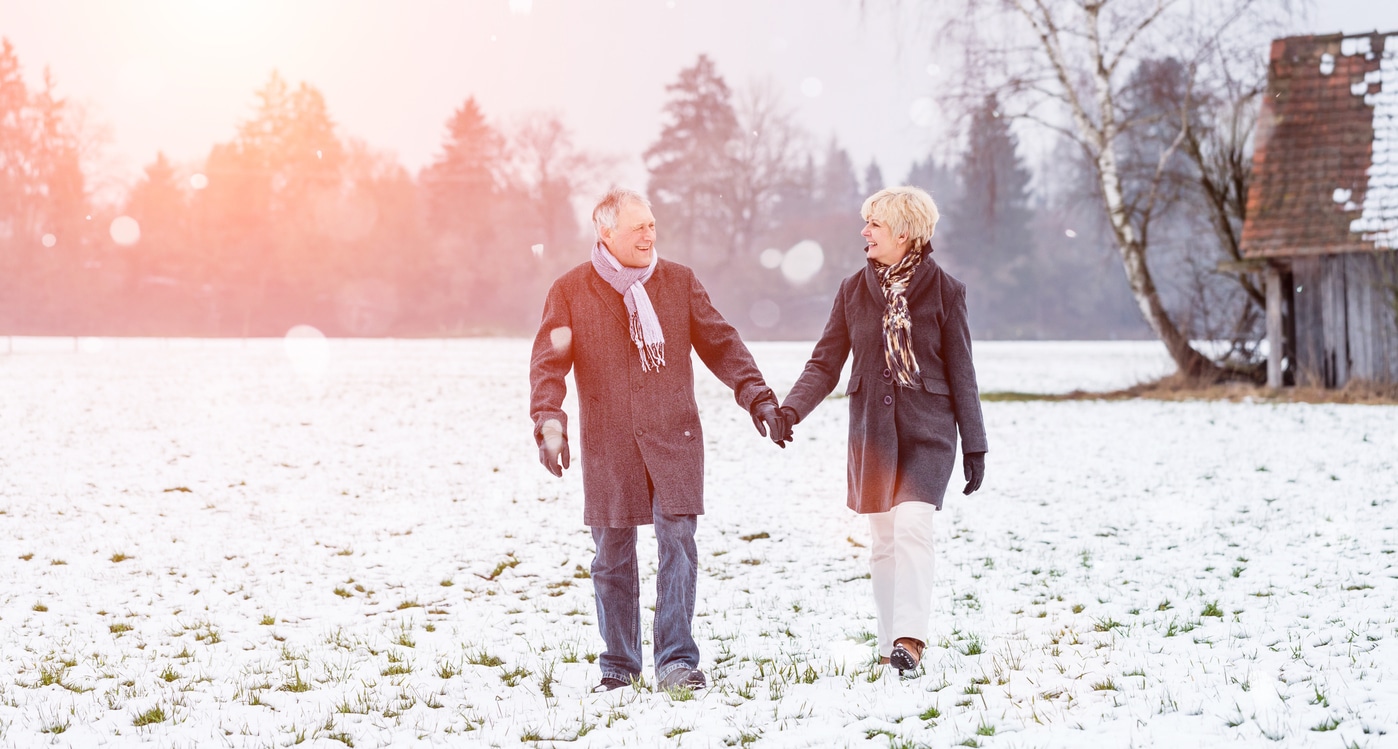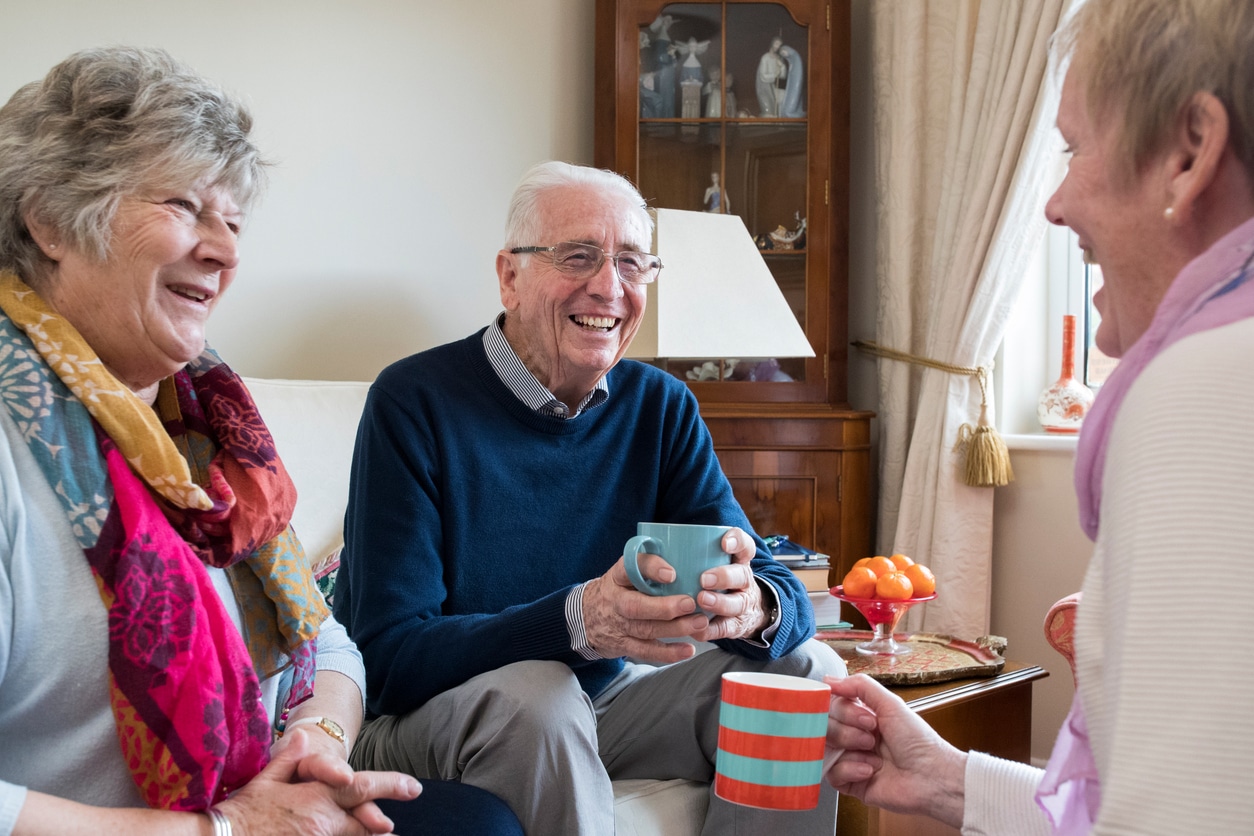Despite our best efforts, navigating icy surfaces in winter often leads to slips and falls. While complete avoidance may be challenging, there are proactive steps we can take to minimize the risk. This becomes doubly crucial when caring for seniors, as ensuring their safety can prevent severe injuries.
Use These Tips to Help Prevent Falls this Winter
Proper Footwear
Investing in non-slip boots or shoes with traction designed for icy conditions can significantly reduce the risk of slipping. Well-fitted footwear with sturdy soles provides added stability, particularly on hidden patches of ice.
Clear Pathways
Maintaining clear, salted, or sanded sidewalks around the home is essential. Regularly check for even small icy patches beneath snow, as these can pose a significant threat. Taking the time to clear pathways helps prevent accidents, especially for seniors living alone.
Keep Your Hands Free
When heading out, opt for a shoulder bag or backpack instead of carrying items in your hands. This not only helps maintain balance but also allows for a better chance to brace oneself in case of a slip. Consider using a wheeled shopping buggy, offering both support and convenience. Take Your Time
Resist the urge to rush, even in colder weather or impending storms. Walk slowly and deliberately, staying vigilant about your surroundings. Taking your time ensures better control over your movements, reducing the risk of a sudden fall.
Avoid Shortcuts
Stick to familiar routes rather than taking shortcuts through unfamiliar areas. Familiar paths with populated spaces provide assistance from others in case of a fall, as opposed to isolated or unknown streets.
Dress Appropriately
Wear full pants, a warm coat, suitable footwear, mittens, and a hat, even for short trips. Being adequately dressed protects against the impact of falls on hard surfaces and guards against unexpected winter elements.
Don’t Go Alone
Whenever possible, accompany someone on outings. A walking companion not only offers an arm for support but also reduces the chances of both individuals falling. Ensure that at least one person has a phone for emergency situations.
Stay Informed
Keep an eye on weather forecasts and be aware of temperature fluctuations. Being informed about potential changes in weather conditions allows for better preparation and adjustment of plans. If a storm is forecasted, consider postponing non-essential outings to avoid unnecessary risks.
Home Safety Measures
Besides outdoor precautions, make indoor adjustments to enhance safety. Place non-slip mats near entrances, use handrails on stairs, and ensure adequate lighting, reducing the risk of falls within the home. Simple modifications can create a safer environment for seniors, minimizing accidents during the winter season.
Regular Exercise
Encourage seniors to engage in gentle exercises that improve balance and strength. Regular physical activity can enhance overall stability, making them more resilient to slips and falls. Consult with healthcare professionals to design a suitable exercise routine.
Mindful Walking Techniques
Pay attention to your walking technique by taking smaller steps and ensuring your weight is evenly distributed. Being mindful of how you walk, especially on icy surfaces, can significantly reduce the likelihood of losing balance.
Consider a Medical Alert System
Explore the option of a medical alert system, providing quick access to help should you need it. A medical alert system allows you the peace of mind to live independently at home knowing you have 24/7 access to help.
By incorporating these preventive measures into daily routines, we can enhance safety during the winter months, especially for seniors. Taking proactive steps ensures a greater likelihood of staying upright and minimizing the risk of injuries caused by slips and falls.




